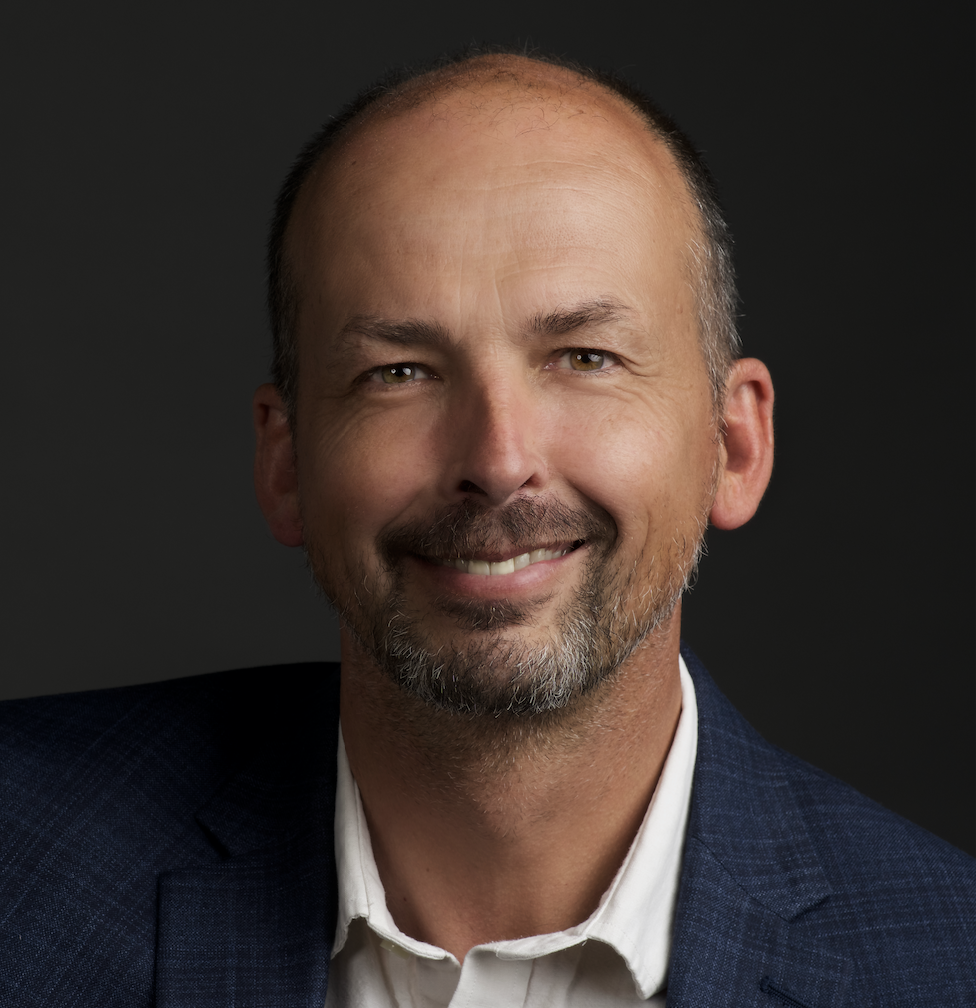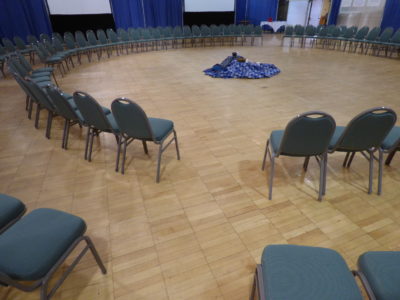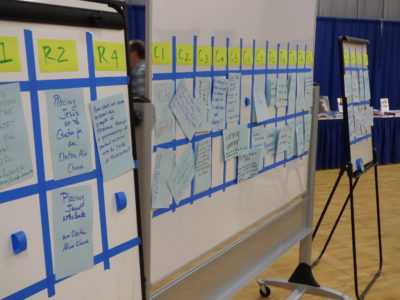Over the years, I’ve come to claim four pillars — four weight-bearing columns — that help me respond to people asking the question, “Why talk?” Sometimes the question is nuanced — “Why engage with a group?” Sometimes, the question is buried beneath piles of assumptions and efficiency habits — “Talking is nice but isn’t it really a waste of time? We don’t have time to be nice here.”
These pillars are simple. Yet have significant impact to dialogic design and encountering the subtle energy and less visible belief systems that accompany people into a room. Pillars. Not two by fours. Not willow sticks. Pillars hold up very large structures. In this case, the very large platform of trusting the imperative of working together, not just separately (though this too is essential within working together).
- Who we are together is different and more than who we are alone. This is one that I learned over and over with Margaret Wheatley. Since the early 90s she has been encouraging people to see systemically, knowing that engagement with one another gives us access to a magic, or difference, of who we are together. It is a principle of “the whole is greater than the sum of the parts.”
- If you want a system to be healthy, connect it to more of itself. This is a biological principle that I connect back to Humberto Maturana, the Chilean biologist and philosopher. In human systems, talking and listening are part of that, right. Telling stories. Sharing observations. Asking questions of each other. Creating a healthy system is the work of leadership. For the long term.
- People support what they create. This is a principle that starts to lead to action. It’s easy to get that people want to act together. People want to do good. Talking together creates essential condition for that action to occur in a more sustainable way. So does listening. So does harvesting. Dialogue is a way to create together. To create thought. To create perspective. To create purpose. To create a narrative arc to hold many, many snippets of experience.
- If you want to go faster, go alone. If you want to go further, go together. This is an African proverb that I learned in my early days with The Berkana Institute, where we were encouraging process to help us go together. To help us remember a kind of belonging together. Talking, listening, harvesting creates belonging. It takes courage to go together. Patience too. But it’s not grand news to most of us. It just takes perseverance to undo a paradigm of entrenched thought and hallowed habit of individualism.
I love asking people to reflect on these pillars. And to ask them to notice their own pillars that guide their work. Consciousness of story, found in pillars, will never sell you short.


